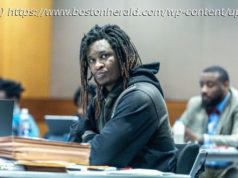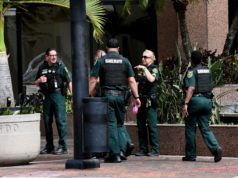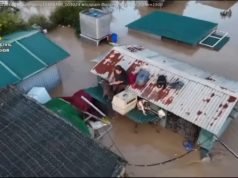Most courts have held that the First Amendment gives individuals the right to document police officers in public
This week’s question comes from Kimmy who writes “I have attended recent Black Lives Matter protests to bring awareness to excessive force by Police against African Americans. At the last protest I attended, a police officer blocking an intersection told me to put my phone down and said I couldn’t film him. I have seen many videos from these protests and I wanted to document the protest myself. Am I allowed to film police officers?”
Kimmy, you raise a very important question. Many have seen the sickening cell phone footage of George Floyd with a police officer’s knee on his neck. We have seen even more cell phone video images of police abuse during some recent protests. These recordings have made a significant impact in the public perception of systemic racism within police forces and are acting as an import catalyst for change. This makes the conditions under which citizens may rightfully document the activities of law enforcement officers increasingly important to understand. Especially when, as happened to you, the police ask you to stop filming. The right to film police officers raises a number of legal questions including Constitutional First Amendment issues as well as California state laws.
The First Amendment of the United States Constitution prohibits the Government from passing laws that would infringe upon, among other things, free speech, and the freedom of the press.
Most courts have held that the First Amendment gives individuals the right to document police officers in public while they are performing their duties.
Inherent in the First Amendment is the right to freely discuss our government, as well as the freedom of the press and right to public access to information.






![Po Tusku i Kaczyńskim wielka niespodzianka. Kto skoczy sobie do gardeł, a kto się przytuli? [ANALIZA]](http://nhub.news/wp-content/uploads/2024/11/thumb0f48253f1bdc4bff594bb23c7fe5b96e-100x75.jpeg)